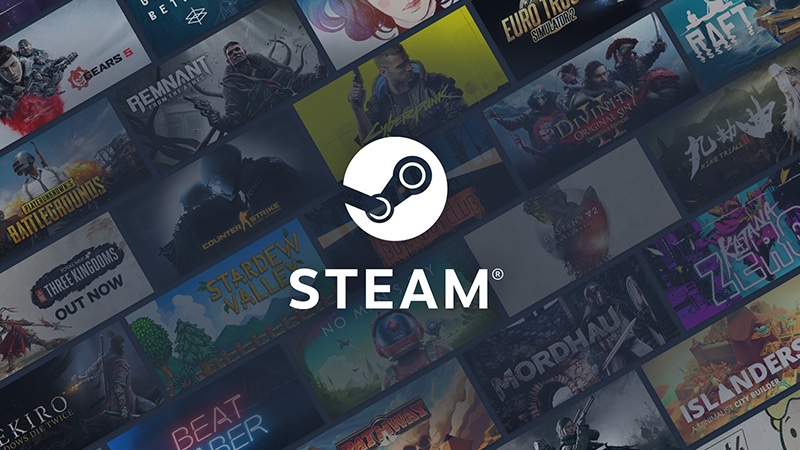Trending
Opinion: How will Project 2025 impact game developers?
The Heritage Foundation's manifesto for the possible next administration could do great harm to many, including large portions of the game development community.
With various regions of the world faced with the possibility of an economic recession, Valve plans to update its regional prices suggestions at a more consistent pace.

In a recent update to its Steamworks documentation, Valve has said it'll be refreshing its regional price suggestions on a more frequent basis. As various parts of the world are faced with the possibility of economic recession or the value in their currency (such as the yen in Japan) is decreasing.
For Valve, a game's price may be set based on its cost in the US for developers to work from and adjust (or completely ignore) at their own discretion. It also employs different methods to figure that price out, from simple exchange rates to using consumer price indexes and determining "purchasing-power parity" between different countries.
"All of these factors have driven us towards the commitment to refresh these price suggestions on a much more regular cadence, so that we're keeping pace with economic changes over time," wrote Valve.
In general, pricing has become a more frequent talking point of videos as of late. More publishers are beginning to embrace the $70 pricing for triple-A games, accessories are becoming more expensive, and some game systems are going up in prices around the world.
With a more frequent refresh basis, Valve also hopes that method will also ease some of the burden of pricing a game, which it acknowledged could be an issue for some developers. "We hope the recommendations are a useful data point for developers who don’t have the time or interest to research pricing in each currency themselves."
Valve's commitment to consistency in regards to region pricing comes not long after the reported success of Let's Build a Zoo. The farming sim gained a boost in sales due to the game's price in Argentina, which roughly converted to $1.50.
As explained by Mike Rose, head of the game's publisher No More Robots, players who don't live in Argentina employed a popular tactic known as region swapping (where you change the region of your console) to buy the game at such a low price.
The surge of sales in Argentina resulted in the game rising in the Nintendo eShop charts for North and South America. This tactic wasn't exclusive to the eShop, said Rose, and Steam was one of the platforms he said "really needed to work out asap what to do about how easy it is to region-swap and buy games for dirt cheap."
Maybe Valve's region refresh won't end region swapping completely, but it may serve as a way to deter some players from using the method.
You May Also Like